By Amos Dunia
Powers of Appropriation: A Federal High Court, Abuja in a case number FHC/ABJ/CS/259/2014, which was initiated in 2014, ruled in March, 2016 that the National Assembly (NASS) does not exist to “rubber stamp” the Presidency. The Court presided over by Justice Gabriel O. Kolawole ruled that the National Assembly has powers to add, reduce and review budget estimates.
Justice Kolawole further ruled that the National Assembly has the power to increase – or review upward – budget estimates laid before it by the executive.
The Court ruling followed a suit by popular advocate, Femi Falana, in which he listed the President, the Attorney-General of the Federation, the National Assembly and the Auditor-General of the Federation as respondents.
The Plaintiff (Falana) had asked the Court to determine four questions on whether;
- By Section 81 of the Constitution, the National Assembly can increase or review upward any aspect of the estimates of the revenues and expenditure of the Federation for the next financial year prepared and laid before it by the Executive;
- By Section 85 of the Constitution, the National Assembly can audit public accounts of the Federation, appoint auditors for statutory bodies or conduct periodic checks of all government statutory corporations, commissions, authorities, agencies, including all persons and bodies established by an Act of the National Assembly in any manner whatsoever and howsoever;
- By virtue of sections 88 and 89 of the Constitution, the National Assembly can summon corporate bodies and private individuals while conducting an investigation into any matter, and;
- By virtue of section 214 of the Constitution, the NASS can probe or investigate the allegations of corrupt practices, fraud, murder and other criminal offences committed in statutory corporations, commissions, authorities, agencies, including all persons and bodies established by an Act of the National Assembly in any matter howsoever.
Falana therefore, prayed the court to declare unequivocally that by virtue of the stated sections, the legislative arm of government cannot increase budget estimates, or audit accounts of the Federation (or appoint auditors to do same), summon corporate bodies and private individuals while conducting an investigation into any matter, or probe/investigate allegations of corruption, fraud, murder and other criminal offenses committed by public officers, corporate bodies and individuals in Nigeria.
He also sought an order of perpetual injunction restraining the Parliament from increasing budget estimates laid before it by the Executive, auditing or appointing auditors to audit accounts of statutory bodies and public accounts of the federation or from conducting periodic checks of the accounts of government statutory corporations, commissions, authorities, agencies, including all persons and bodies established by an Act of the National Assembly, and restraining the NASS from probing or investigating allegations of corruption, murder and other criminal offenses committed by public officers, corporate bodies and individuals in Nigeria.
In his ruling, Justice Gabriel O. Kolawole, stated that the questions as posed by Falana’s counsel, bordered on interpretations of the specific provisions of the Constitution which relate to the exercise of the National Assembly’s constitutional legislative powers, and that the essence of the suit is that the NASS, under the guise of exercising oversight functions, usurps executive powers; an assertion which the judge nullified.
The Judge stressed that the Nigerian Constitution, which is modeled largely after that of the United States, has “as its underpinning principle, the constitutional doctrine of separation of powers”, and that sections 4, 5 and 6 of the Constitution clearly state that the machinery of the government of the federation at both federal and state levels, is predicated on three equal and coordinate arms of government, i.e. legislature, judiciary and executive. He observed that the drafting of the Constitution makes cooperation between all the arms compulsory, as, by design, none can operate by standing aloof of the others, and this gives rise to the need for checks and balances, which would help prevent dictatorship, as certain powers by an arm of government are subjected to review or ratification by another.
The judge, in his verdict, further noted that the whole purpose of sections 81, 85, 88 and 89 is to ensure that the Executive and agencies under its control are subjected to some form of oversight by the Parliament, and that since the National Assembly is constitutionally empowered to appropriate funds to be expended for the running of government, it therefore has powers of oversight to ensure those appropriated funds are properly administered.
The Judge further ruled: “The legislature and the executive are subject to the interpretative jurisdiction of the Court as to the constitutionality or otherwise of the exercise of their respective powers. The fact remains that it is the Judiciary which has the constitutional responsibility of preventing both arms of government from committing infractions of provisions of the Constitution.
Addressing questions put to the court by Falana, the Judge ruled that “the National Assembly was not created by drafters of the Constitution and imbued with the powers to receive ‘budget estimates’ which the first defendant is constitutionally empowered to prepare and lay before it, as a rubber stamp parliament.
“The whole essence of the budget estimates being required to be laid before Parliament is to enable it, being the Assembly of the representatives of the people, to debate the said budget proposals and to make its own well informed legislative inputs into it.”
With regard to the question concerning the powers of the National Assembly to audit public accounts or appoint auditors, the Judge stated that while the Constitution does not explicitly grant this power, “in so far as that duty is vested in the Auditor-General of the Federation, Parliament still retains legislative oversight powers over the AGF even in respect of these matters.”
On whether legislators can summon private citizens, the Court also ruled that “when Parliament exercises powers to summon private corporate bodies in contrast to public bodies, or where it summons a private citizen, the inquiry it is going to conduct must be such that it is within legislative competence”, i.e. relating to matters contained in the Exclusive Legislative List, on which Parliament can legislate and/or amend existing laws.
On investigative powers, the court ruled that Parliament can, via resolutions, “direct agencies of government to conduct investigations, and where this is done in the legitimate and bona fide exercise of its constitutional legislative powers, to turn its reports to such agencies to aid them in their own investigations with a view, not to merely expose corruption, but to prosecute those found culpable.”
All seven reliefs sought by Falana against the National Assembly were not granted by the Court as Justice Kolawole pointedly ruled, saying; “No Court of law created and established pursuant to the provisions of the Constitution, 1999 as amended, in the legitimate exercise of its undoubted jurisdiction as the guardian of the Constitution and on the basis of the doctrine of separation of powers enshrined in the Constitution, can prospectively grant the restraining orders sought by the plaintiff (Falana) against the 3rd Defendant (National Assembly) as the Legislative Arm of the Government of the Federation.”
The case, with number FHC/ABJ/CS/259/2014, was initiated in 2014, while judgment was delivered in March, 2016 and was not appealed by any of the parties.











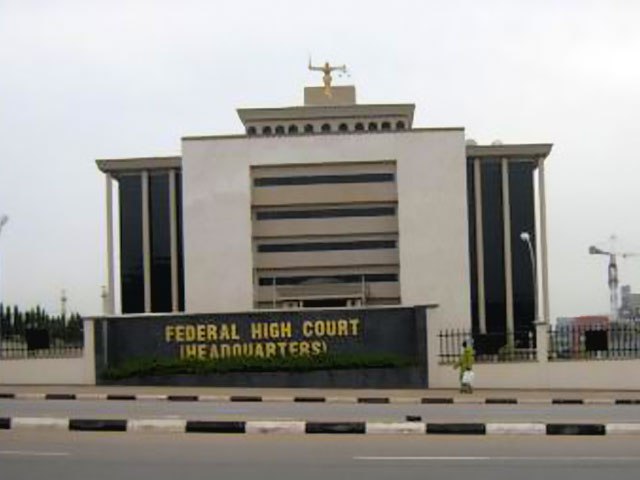

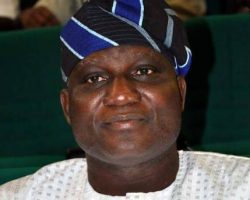





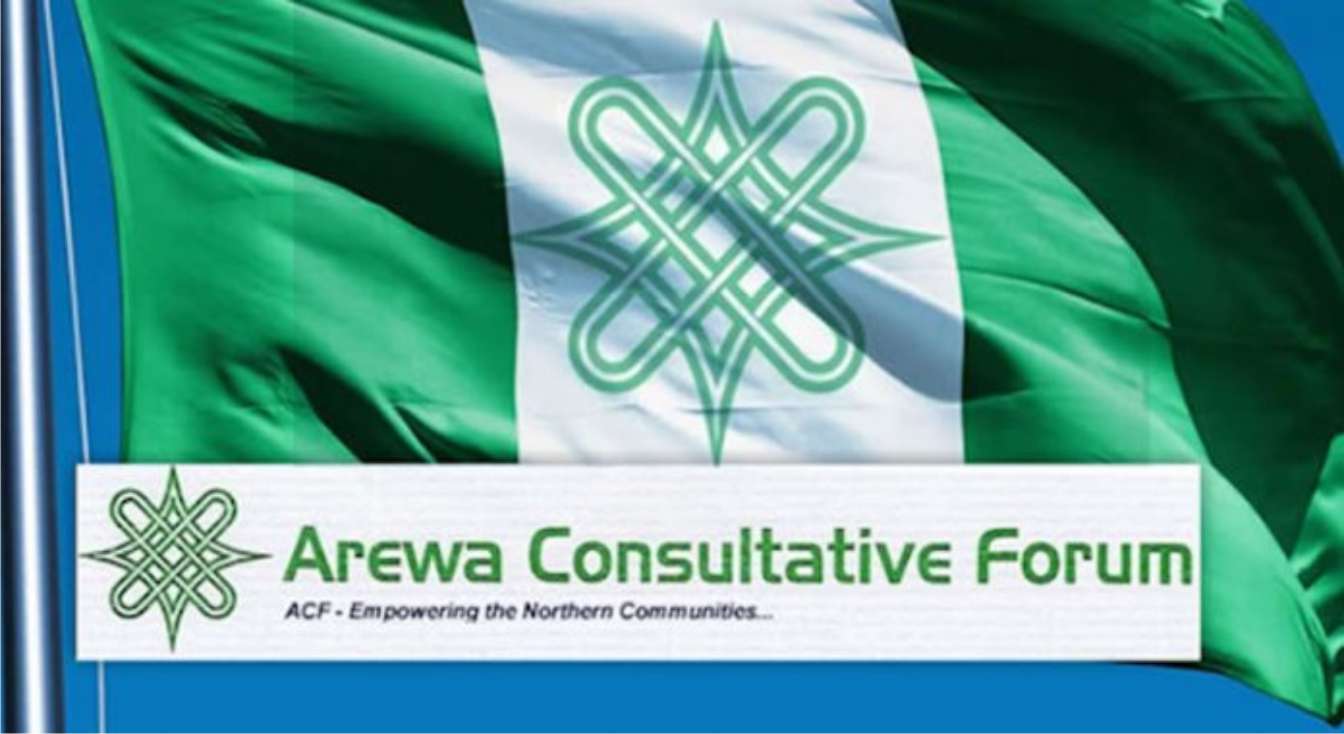
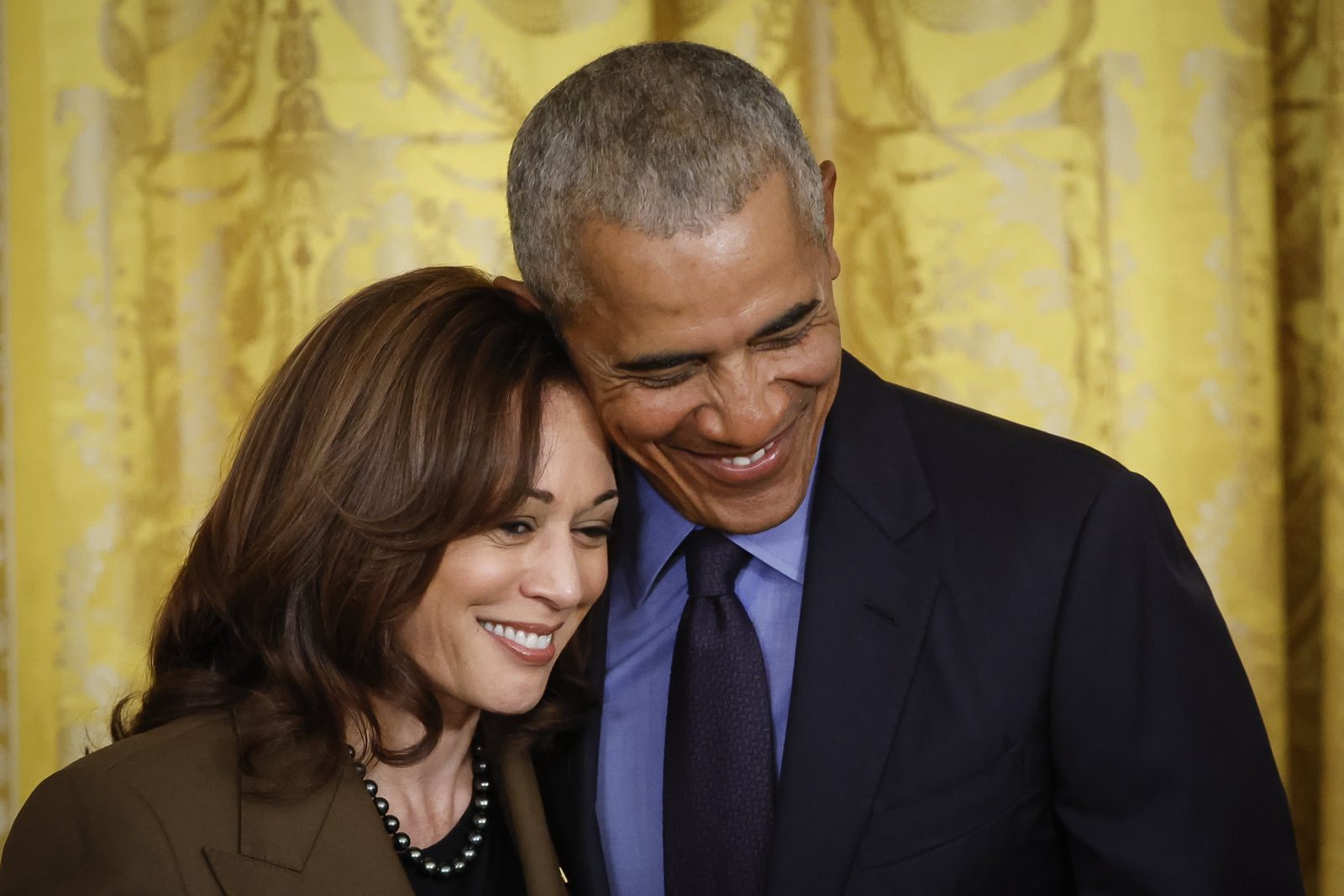


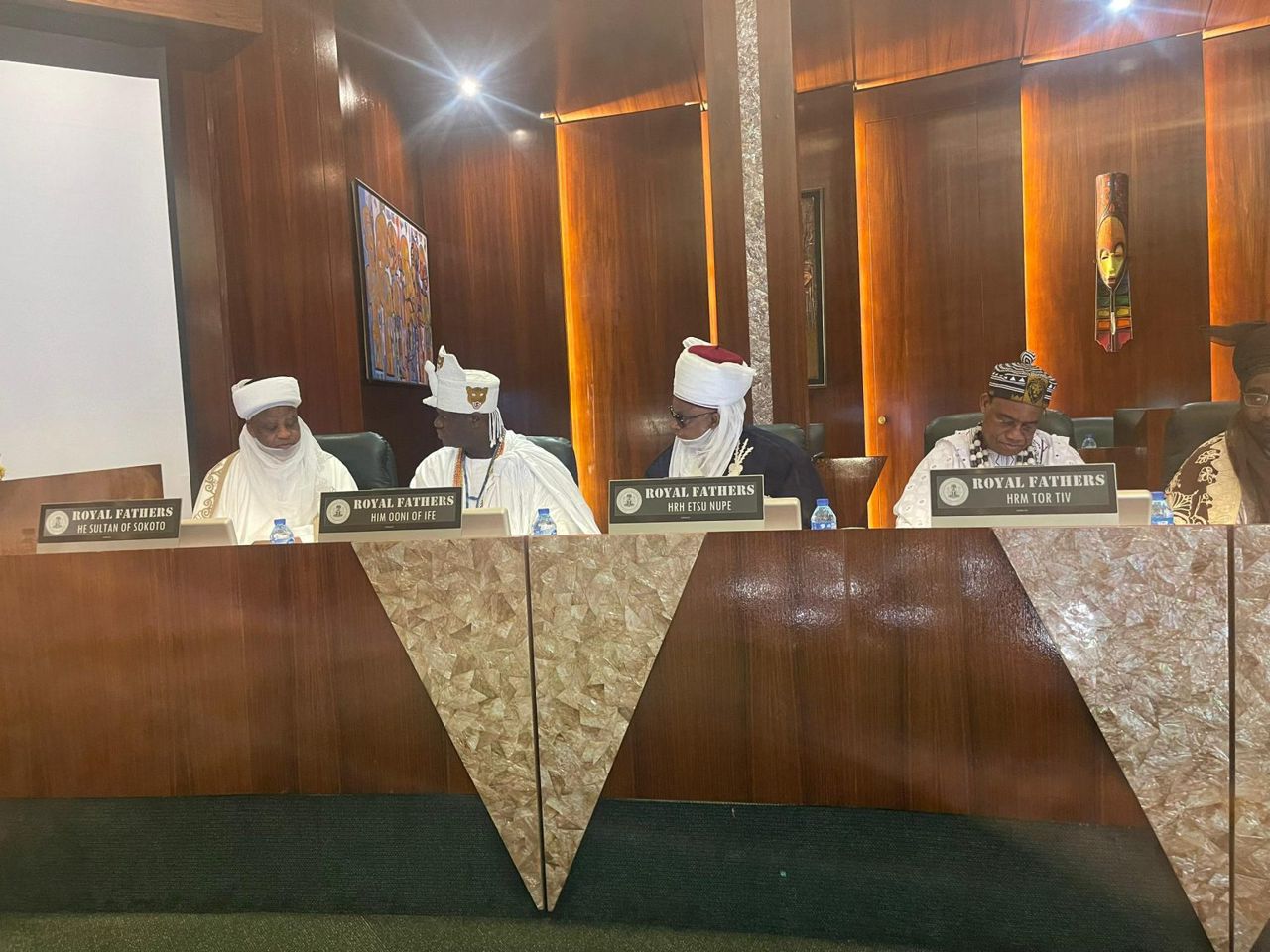



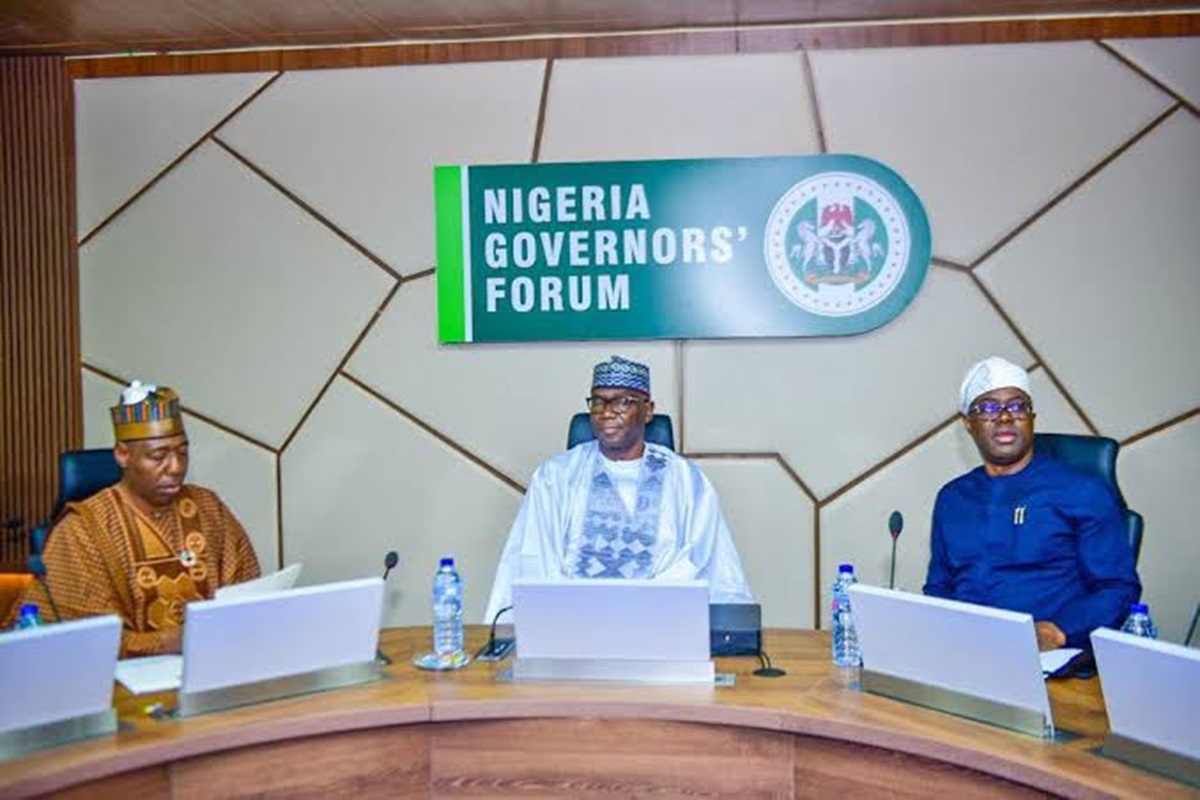
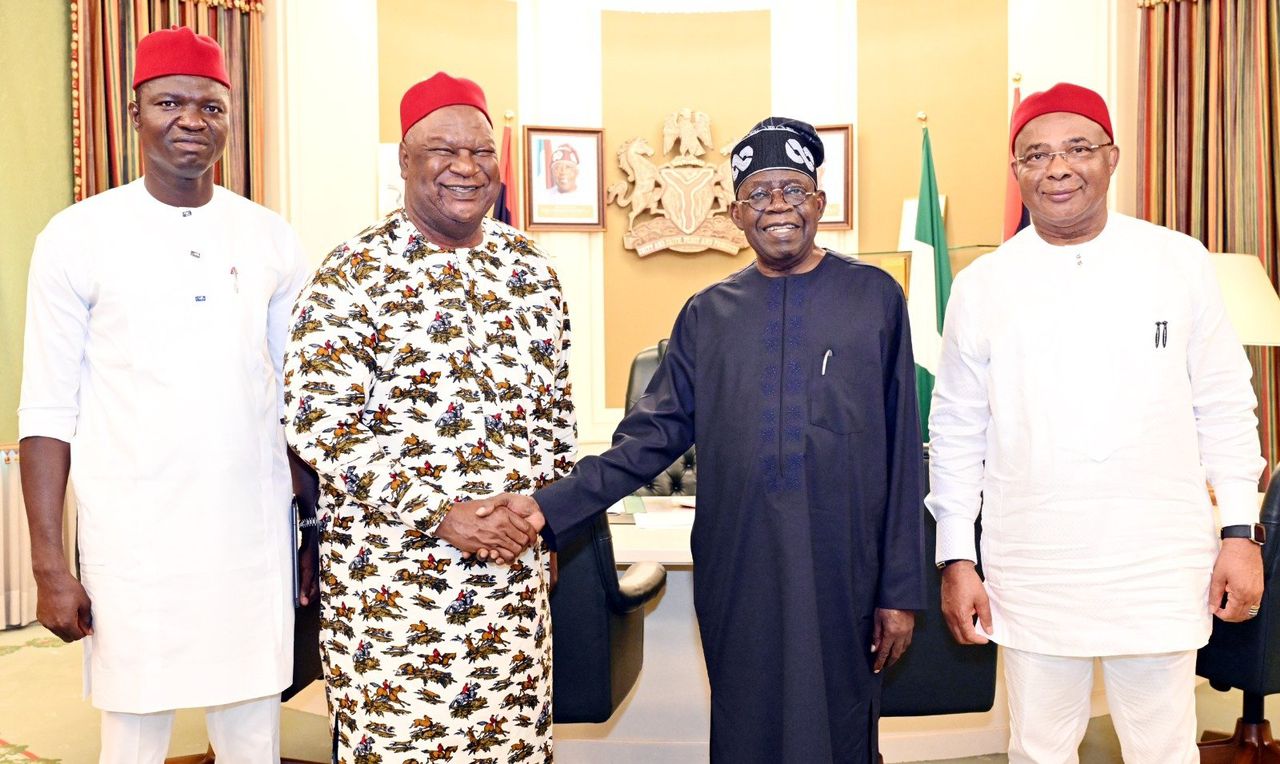

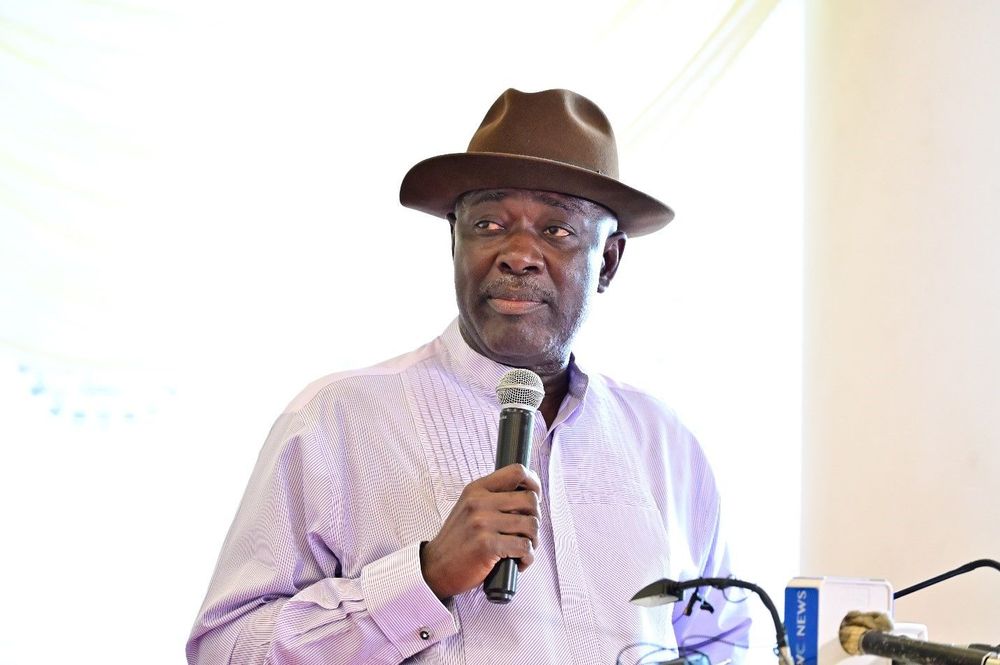




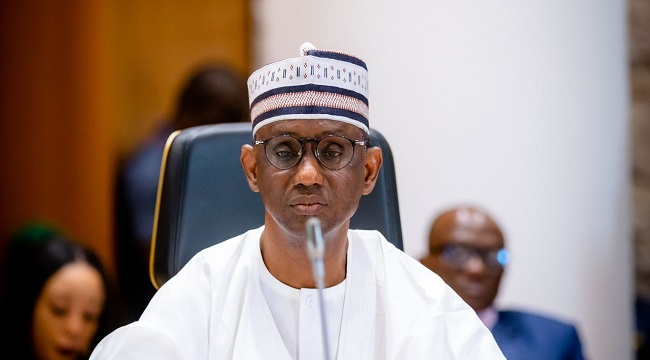

Leave a comment